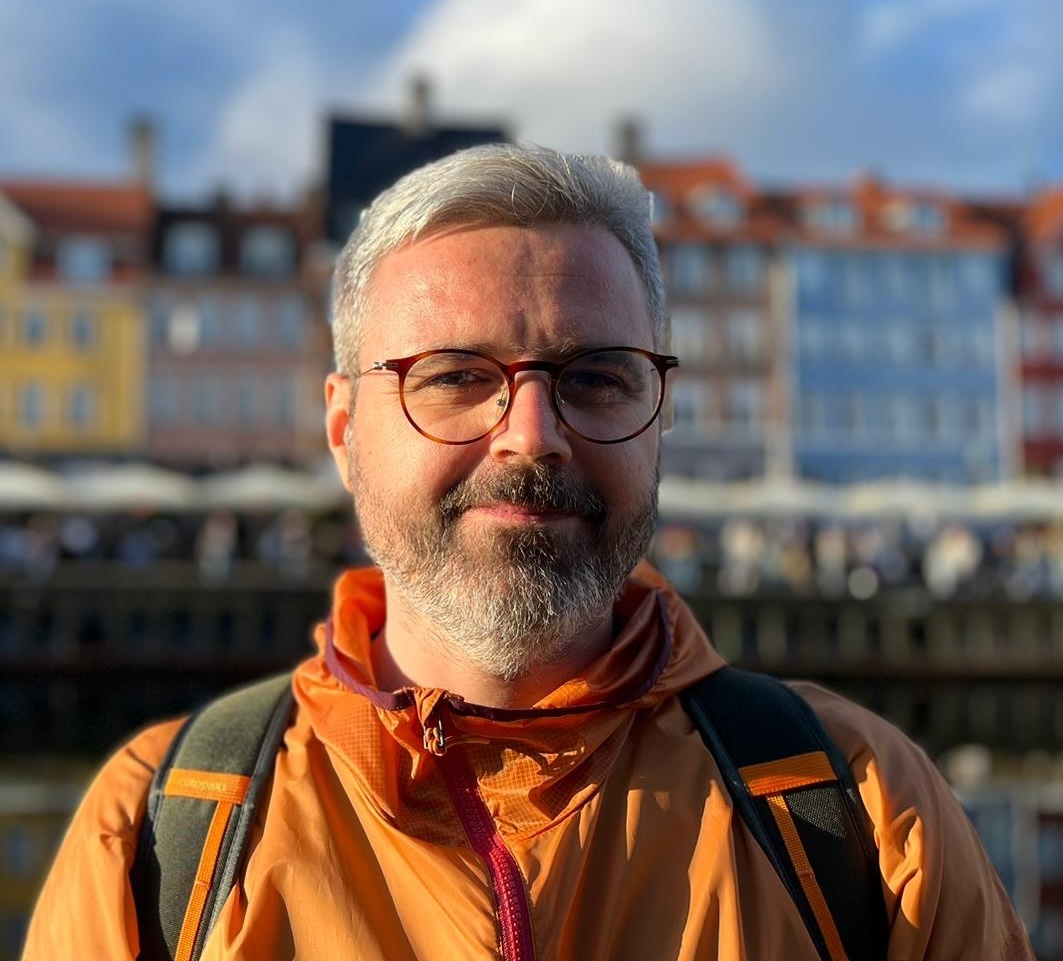About

Marian-Gabriel Hâncean (he/him) is a mixed-methods sociologist specializing in computational social sciences with a focus on statistical modeling and network analysis. His research integrates methodologies from sociology, data science, and computer science to analyze human behavior through the detection and analysis of complex network patterns. He employs network science and computational sociology to explore the interplay between network structures, social selection, and social influence. Recently, his work has focused on applying advanced computational models, such as Relational Hyperevent Models, to study phenomena like virus spreading in sociocentric networks, patterns of scientific collaboration, and the science of team science. His research combines theoretical and computational approaches to examine the mutual dynamics between relational event data (social interactions) and relational states (social structures).
His current projects involve computational analyses of cancer and cardiovascular risk factors within panel personal network data observed in different living labs. His work underlines a multidisciplinary approach, bridging the gap between computational methods in social sciences and traditional network analysis techniques, in areas like public health, organizational studies, and collaborative networks.
He is a Full Professor, Habilitated, at the University of Bucharest, Department of Sociology. His most recent work has been published in outlets such as Journal of the Royal Statistical Society. Series A: Statistics in Society , Network Science, Journal of Medical Internet Research, Scientific Reports, Scientific Data, Royal Society Open Science, Field Methods, Journal of Complex Networks, Scientometrics or Plos ONE. Additionally, he has been serving as an academic editor for Social Networks, Plos Complex Systems and Journal of Social Structure. At the University of Bucharest, Marian-Gabriel coordinates the Research Group on Graphs and Social Networks (GraphNets).
Further details are available on ORCID , Google Scholar and LinkedIn .